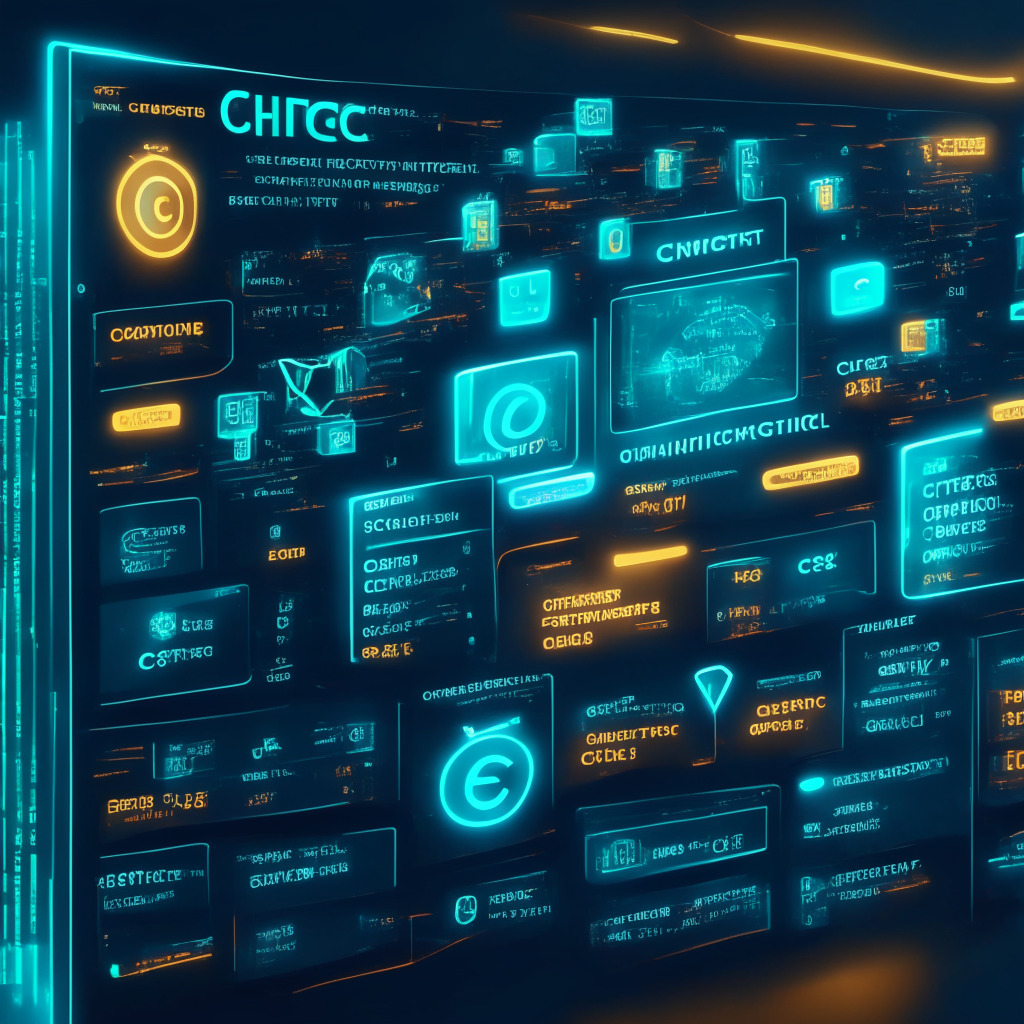The surge in prominence of artificial intelligence (AI) and machine learning (ML) in the financial sector indisputably holds the power to transform traditional finance and crypto markets. According to a 2022 Nvidia report, an astonishing 75% of businesses in the financial realm have adopted AI and ML techniques, and more than 90% state they are driving critical business outcomes with these investments.
AI has been praised for yielding more precise prediction models. Data from Nvidia’s survey illuminates that over a third of firms have seen their annual revenue increase by 10% since implementing AI and ML. In addition to revenue, more than 25% of survey participants claimed that the innovative technology has helped reduce their annual operating costs by the same percentage – an intriguing prospect for businesses of all sizes.
However, with benefits often come challenges. The rapidly evolving nature of AI implies that these conversions have not been entirely clear sailing. Many companies grapple with integrating the new technology into existing platforms, requiring substantial financial commitments, advanced new processes, and on-site training for staff. It’s no surprise then that the predicted benefits have not been universally embraced across the financial industry.
Yet, there is little doubt that AI and ML mark the advent of a new era in the financial trade sector. Mirroring the transformative wave of the 1980s computer-driven trading models, AI paves the way for revolutionizing machine-learning trading models, assessing borrower risk with a startling accuracy, and navigating complex blockchain data. It facilitates real-time data analysis, enabling diligent prediction of short-term price movements, significantly outpacing human processing capacities, and allowing traders to make insightful investment decisions.
Security is another critical area where AI and ML have begun to exert considerable influence. With real-time threat feeds, blockchain systems can battle increasingly sophisticated scams. AI-enabled platforms also allow for the identification and neutralization of in-progress attacks, as witnessed in the Euler protocol attack, mitigating further potential losses such as what occurred with SushiSwap and Yearn.finance.
However, AI and ML have also highlighted the issue of illiquidity in the crypto market, peeking through an inefficiency within the maturing industry. Solutions using AI have attempted to address this problem and stabilize the market. AI-enhanced platforms, such as FluidAI, predict real-time changes in digital asset order book prices, providing deeper liquidity for trading partners.
Despite the hurdles, it is clear that AI and blockchain have the potential to revolutionize global finance. By combining the strengths of AI’s intelligent insights and blockchain’s transparency and traceability, these technologies stand to substantially enhance financial markets, presenting a compelling vision of the future that institutions cannot afford to ignore.
Source: Cointelegraph




